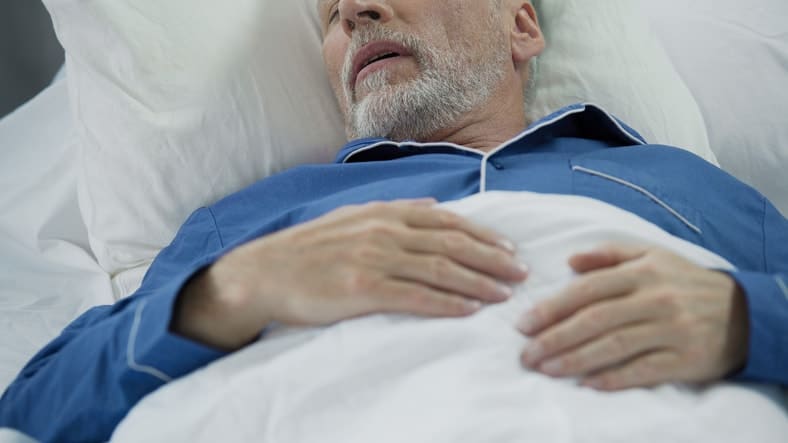
Are home sleep tests accurate?
Home sleep tests prescribed by your doctor are extremely accurate. However, they do not always capture as much information about your health as a study conducted in a special sleep lab. If your situation requires the added precision of a lab test, your doctor will let you know.
Can a sleep study be wrong?
At-home sleep study machines are designed to capture a great deal of information about your body while you rest. While these devices are accurate, it’s important to carefully follow the instructions for their use. Otherwise, the device might give flawed readings.
Your doctor will show you exactly how to use the machine before you get started on your sleep study. If data is missing or inaccurate, most devices are calibrated to show that the overnight test failed. This allows you to perform the test again from the beginning the next night.
Do home sleep studies work?
Yes. Home sleep studies are helpful in diagnosing a wide range of sleep disturbances. In particular, they are very useful for diagnosing obstructive sleep apnea, central sleep apnea, circadian rhythm disorders, and other sleep conditions with persistent symptoms that are difficult to control.
Can a sleep study detect heart problems?
A sleep study may detect signs of heart problems in some cases. However, it is not intended to diagnose heart problems and is only a first step in seeking care. Sleep study devices that include a pulse oximeter are most effective. A pulse oximeter monitors oxygen saturation, which is a proxy for heart efficiency.
What does a home sleep study show?
Polysomnography – the technical term for a sleep study – is used to monitor brain wave patterns, blood oxygen levels, heart rate, breathing, and eye movements as they change during sleep.
How often should you have a sleep study?
In general, a sleep study is prescribed only for people who report symptoms of a long-term sleep disorder. It is most common for people to get a sleep study done in response to sleep apnea. That said, a sleep study may be performed to get more information about any sleep disorder.
Do I need a sleep study?
If you suffer from difficulty falling asleep or staying asleep, or from daytime drowsiness you believe to be related to poor sleep quality, for two or more weeks, you might need a sleep study.
How do you know if you have sleep apnea if you live alone?
The most common way people find out about their sleep apnea is from a bedroom partner who notices their snoring. If you believe you may have sleep apnea, consider using a recording device such as a mobile phone to capture the sounds you make at night. Snoring, gasping, or choking sounds are potential indicators of sleep apnea that your doctor needs to know about.
Does Medicare pay for home sleep study?
In past years, Medicare has been able to extend benefits for some sleep studies. In general, a sleep study is covered only for specific types of at-home sleep monitors and only when certain symptoms are present. Consult an expert in Medicare benefits to find out more.
What will a sleep study tell you?
A sleep study collects a variety of physiological readings, like pulse, brain waves, and blood oxygen. Each of these should reach certain levels during the phases of sleep. When a reading is higher or lower than what it should be, it helps your doctor pinpoint the source of your sleep problems.
To learn more, contact Eos Sleep.
